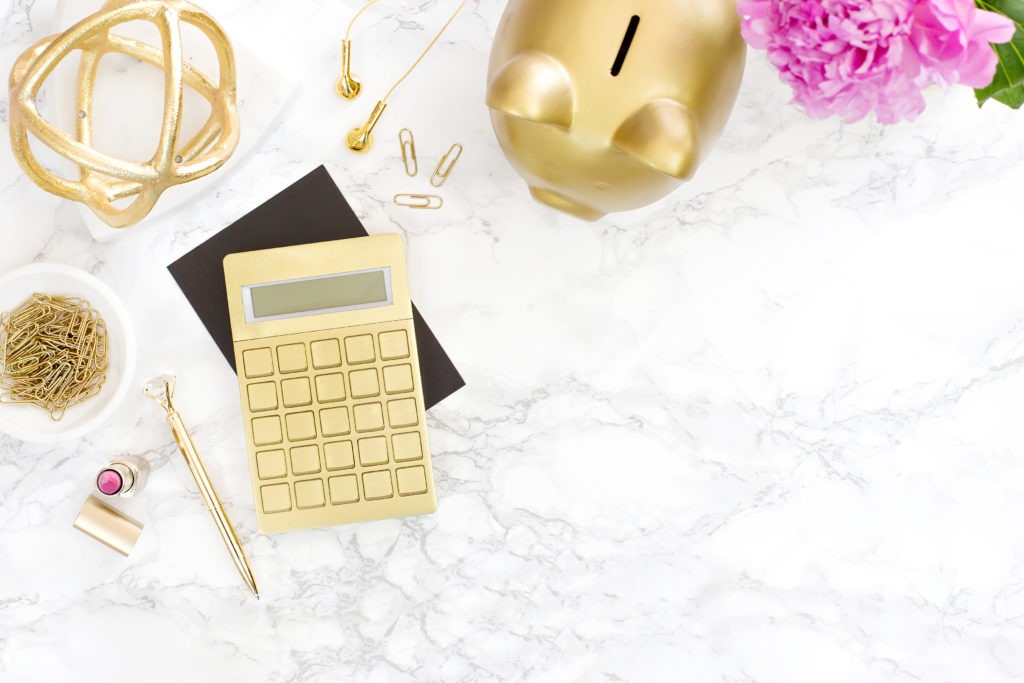Simple Saving Tips to Reach Your Money Goals
You can make this the best year by reaching your money saving goals! All it takes is for you to stick to these simple saving tips to help you balance your budget. You may feel like you are stretched thin and can't save, or you may just want to give yourself more breathing room. Either way, these truly useful tips will help you in your commitment to saving throughout the coming year.
50/30/20 Budget
This budgeting concept is (forgive the expression) right on the money. Without the right infrastructure saving tips don't really help you save. The money is merely repurposed. In order to start saving, you have to assess what you are making and how much is actually going out. This is really easy to do, it's just that it's unpleasant to focus on if you are struggling. However, you would be surprised how much better you feel after doing this one simple thing.
This post may contain affiliate links, which means I may earn some money if you click on one. Read the full disclaimer here.
As you understand your start point, you may already begin to identify problems with easy solutions. On top of that, apply the 50/30/20 rule. This rule, when compared to your current spending, will give you a stark illustration of what needs to be fixed in the coming year so you can be on your way to saving for the future and living comfortably.
50% of your after-tax income should go toward monthly needs like groceries, housing, utilities, car loan, etc. If more than 50% goes toward needs, then you will want to identify problems in this category and make changes. 30% should go toward wants. This category includes cable and anything else that would not drastically alter your quality of life if you missed a payment. 20% of your after-tax income should go toward paying off debts and saving. Credit card minimum payments count as part of the "needs" category, and anything more would come from this 20%.
30 Day Rule
This money saving tip is all about impulse control. Sometimes we just want to spend money and it seems like we will look for any excuse to hand it over. The thirty-day rule just requires you to consider the value of what you want to buy. When you go shopping and you are confronted with an impulse buy, avoid the temptation. Don't say "no." Just say "later." put the item back on the shelf and give it some thought.
I've found that many times by the time I'm done with my shopping I've already changed my mind about the impulse. However, the 30 Day rule forces you to sit on it a little longer. The first key to this is that if you do decide to buy it has to be with cash, not credit. This distinction often helps me to prioritize what is truly important and kills any impulse I might have. When you get home, if you haven't already forgotten about it, write it down along with the date and post it somewhere prominent. If you still want it after 30 days, you should have it. You'd be surprised how many things don't pass the test.
Review All Your Accounts
While you are assessing your financial situation, you should put together an extensive list of all of your payable accounts. Anyone you are paying money to each month should be on the list along with how much you are being charged. With how automated everything is you are bound to find a few surprises. Everything from insurance to cable should be revisited and negotiated. If you can't get the cost down on these accounts, shop for other options.
Check your interest rates on credit and loans while you are at it. Try to reduce your APR on your credit card. If the bank won't work with you try a balance transfer to a new card with a 0% introductory rate. Consider refinancing your auto loan, so you can get a lower percentage rate, OR reduce your monthly payment.
Reviewing your credit card statements is also where you will find monthly services you can downgrade, or remove completely. Look at the cost of your cable, internet, or phone plan. identify any other subscription services you pay money to and prioritize them in order to determine what you can cut free from your budget.
Save While Shopping
A few big saving tips: Always have cash handy and leave credit cards at home. If you must, use your debit card for larger purchases, but pay with cash whenever you can. The tangible nature of a cash transaction and the visual confirmation of smaller bills helps to keep your shopping in perspective and reinforce better buying decisions.
While you shop, it's important to understand what items should cost, so you don't wind up paying too much. Avoid "end-caps," those displays at the end of the aisle. These are usually structured to make you think there is a deal when there is not. Take advantage of club offers and coupons when you can, but the most important thing is to know the worth of a product and pay attention to the pricing as you shop.
If you are a coffee drinker and you don't make your coffee at home, you should start. Get a coffee machine and buy ground coffee instead of going out for coffee. The savings of just this one change can be massive.
Plan Weekly Meals
Eat at home a lot more in order to save a substantial portion of your income. Plan weekly meals and make grocery lists to stay on or under your food budget. Make sure you always have something handy at home for a snack as well, so you never have to resort to ordering out or going to a restaurant. The larger margins on restaurant pricing and fees for delivery services rack up fast. Anytime you have a meal at home is a win for your monthly savings.
Once a month you should clean out your refrigerator and take inventory of everything in your pantry. This is an important savings tip, because it not only removes expired goods and makes room for fresh products, it also alerts you to the food you should use up before it expires. Plus, you learn what sorts of things you tend not to use. Here is why this helps:
- You can change the size, or quantity of the product to fit your lifestyle. You might buy too much of something because of the bulk savings, only to throw most of it out. Sometimes it's better just to buy the size, or quantity you know you will use.
- You can assess where your money is put to good use and to poor use. The things you are throwing out, may not be a good future buy if you will end up letting them expire. Remember this the next time you put together your shopping list.
Go Green
Finally, after saving money on your groceries, cutting down monthly payments and allocating a percentage of your after-tax income to the various spending categories, you can skim more money off your budget by using energy efficient appliances. Change out your lightbulbs gradually until the whole house has energy efficient lights.
You can save electricity with updated kitchen, or laundry appliances and use the energy saving mode on your TV and PC. If you have a gas or electric stove, consider budgeting for an induction stove. You can increase the efficiency of your home piece by piece and watch the additional savings come in over time.
I hope these help and inspire you to start saving. If you have any questions or comments, please let me know in the comments! I'd love to hear from you!




2 Comments
Nathalie Argueles
I am so excited right now after reading this! Thaaaaankkk you!
Alfred Junco
Thanks for the tips.I am always finding ways on how to save and budget as we filipinos are not much literate about that matter. A little push can help.Thanks again for sharing.